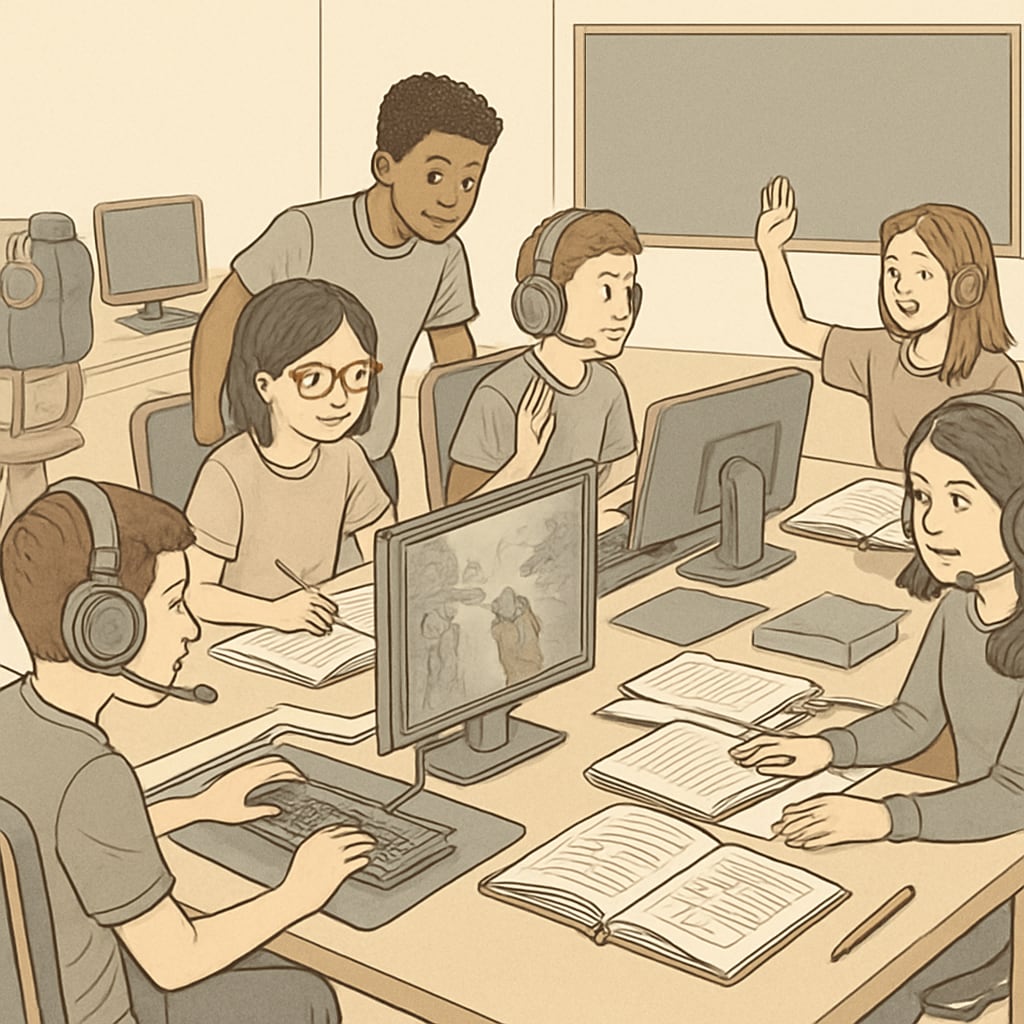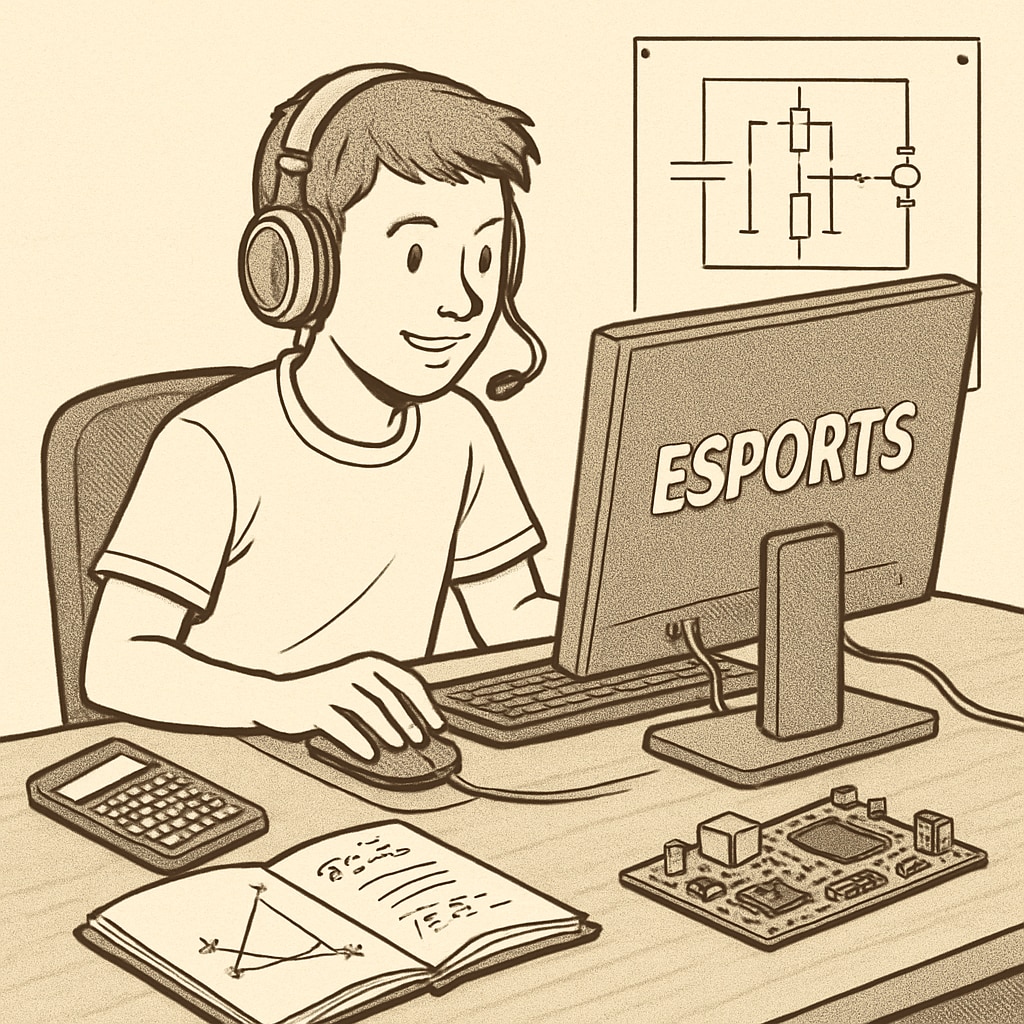Esports education, gamified learning, and strategic collaboration are converging to reshape the future of K12 education. With the groundbreaking partnership between GameClass and the North America Scholastic Esports Federation (NASEF), the integration of esports and traditional academic subjects is no longer just a concept—it is a reality. This innovative alliance connects gamified learning methodologies with over 9,000 esports clubs worldwide, creating a dynamic ecosystem where students’ passions align seamlessly with academic growth.
How Esports and Education Form an Innovative Partnership
The collaboration between GameClass and NASEF underscores a shared vision: leveraging esports as a platform for holistic student development. Esports, often viewed solely as entertainment, has been reimagined as a tool for education. Through gamified learning (an educational approach using game elements to engage students), students gain exposure to critical thinking, teamwork, and problem-solving skills while exploring traditional academic topics like science, technology, engineering, and mathematics (STEM).
This partnership also emphasizes inclusivity. Unlike traditional sports, esports offers a level playing field where students of all backgrounds can participate. As a result, the initiative has the potential to bridge gaps in education by offering diverse learners access to engaging and innovative learning experiences.

The Role of Gamified Learning in Modern Education
Gamified learning is not merely a buzzword; it is a transformative approach that tailors education to the interests of today’s students. By incorporating game mechanics such as rewards, challenges, and interactive storytelling, gamified learning fosters engagement and intrinsic motivation. For example, students participating in esports tournaments are also exposed to lessons in mathematics, strategy, and even communication skills as they work with teammates to achieve common goals.
Beyond academics, gamification teaches life skills that are essential in the 21st century. Leadership, adaptability, and emotional intelligence are all integral to the competitive yet collaborative environment of esports. Platforms like GameClass serve as a nexus where gaming enthusiasm meets educational rigor, providing teachers with the tools to integrate these concepts into their classrooms.

The Global Impact of Strategic Collaboration
The reach of the GameClass-NASEF partnership extends beyond local clubs—it is a global movement. With over 9,000 esports clubs involved, the initiative is set to impact millions of students worldwide. This scale allows for the sharing of resources, best practices, and new educational frameworks across geographical boundaries. Additionally, the collaboration creates opportunities for global competitions, virtual meetups, and cross-cultural exchanges, enriching students’ educational experiences.
Strategic collaborations like this one also strengthen the role of esports in formal education systems. By aligning with educational standards and objectives, these programs ensure that esports education is not an extracurricular activity but a core part of the curriculum. As a result, students and educators alike benefit from a structured yet flexible approach to learning.
Challenges and the Path Forward
While the benefits of integrating esports into education are clear, challenges remain. One significant hurdle is the skepticism surrounding the value of gaming in academic settings. To address this, initiatives like the GameClass-NASEF partnership focus on measurable outcomes, such as improved academic performance and enhanced soft skills.
Another challenge involves training educators to effectively implement gamified learning. This requires professional development programs that equip teachers with the skills and knowledge to use esports as a teaching tool. As these challenges are met, the potential for esports and gamified learning to transform K12 education becomes even more apparent.
As the partnership between GameClass and NASEF continues to evolve, it serves as a blueprint for future collaborations. By aligning student interests with educational goals, this initiative is not only redefining how we view esports but also how we approach learning itself.
Readability guidance: Short paragraphs, clear headings, and examples ensure the article is accessible to educators, policymakers, and general readers. The use of lists, where applicable, further enhances clarity and engagement.


